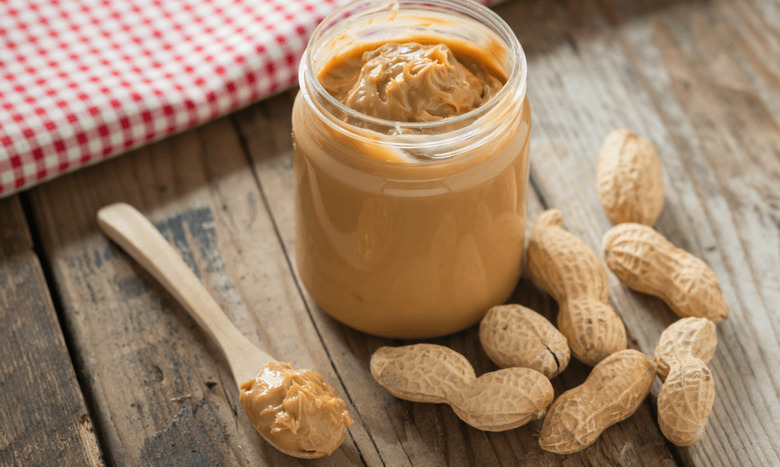3 Lies You Tell Yourself When Eating The Low-Fat Version Of Something
When you are trying to lose weight or maybe just looking for the healthiest version of something, you may debate between the fat or calories section of the nutrition facts. Many people don't realize that fat consumption is not the problem. In fact, if you eat healthy fats, you will reap numerous health benefits, such as lowering the levels of bad cholesterol in the body.
Click her for the 8 Ways to Get Your Daily Dose of Good Fats slideshow.
If buying low-fat items at the grocery store is a habit you have established, start by looking at other parts of the label such as calorie and sugar content. Stop telling yourself that eating less fat will help you lose weight, and start eating fat to burn fat. Here's what you thought along with evidence to debunk the myths:
-
Eating Saturated Fat Will Give Me High Cholesterol and a High Risk of Heart Disease
Initially, everyone believed that saturated fat was the worst thing for your body. However, a recent article published in The Wall Street Journal discussed that saturated fat is not as bad as we think, meaning it doesn't really raise your LDL cholesterol, or bad cholesterol, levels.
-
Eating Avocado, Peanut Butter, and Olive Oil Will Make Me Fat
Even though fat is higher in calories per gram compared to protein and carbohydrates, foods that are naturally high in fat — almonds, Greek yogurt, and eggs — are hard to overconsume. Eating these fats will increase your HDL cholesterol, lower triglycerides, lower blood sugar and insulin levels, and promote abdominal fat loss.
-
Low-Fat Foods Are Lower in Sugar
One of the biggest myths is that low-fat, processed foods are lower in sugar. Due to the low-fat advice that was encouraged in the past, a lot of food manufacturers removed fat from their products and replaced it with sugar. Next time you see a low-fat product, check up on the ingredient label and you may be surprised to find sugar, corn syrup, and artificial flavors.
The accompanying slideshow is provided by special contributor Julie Ruggirello.
